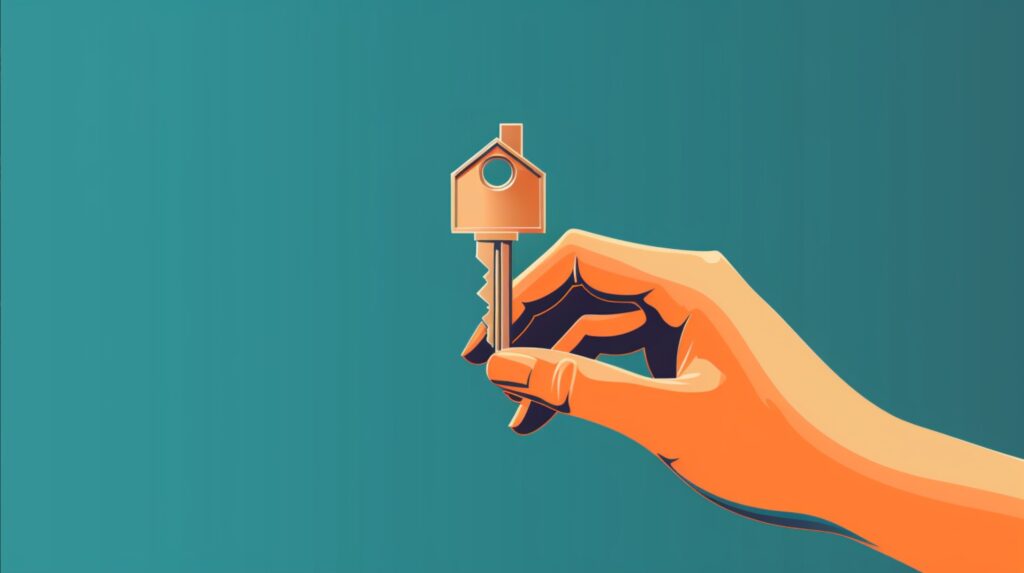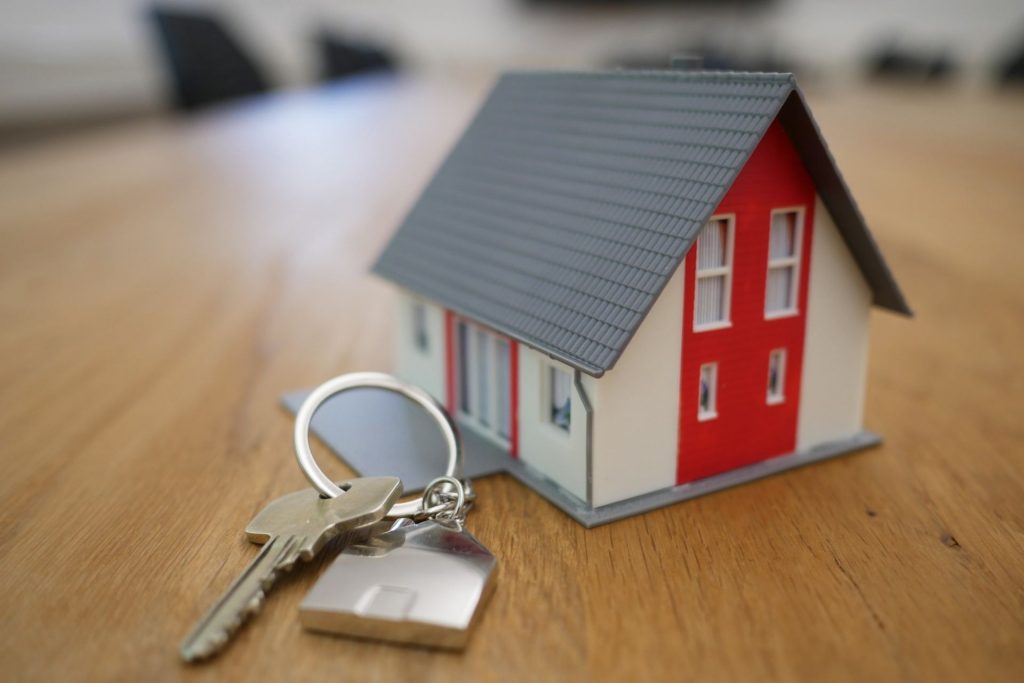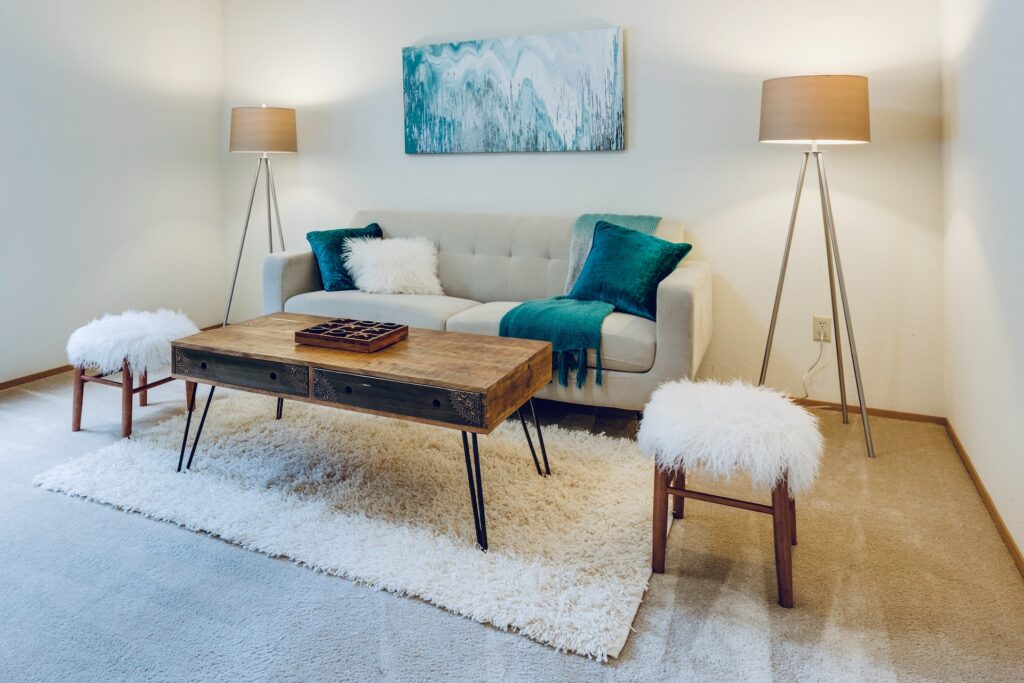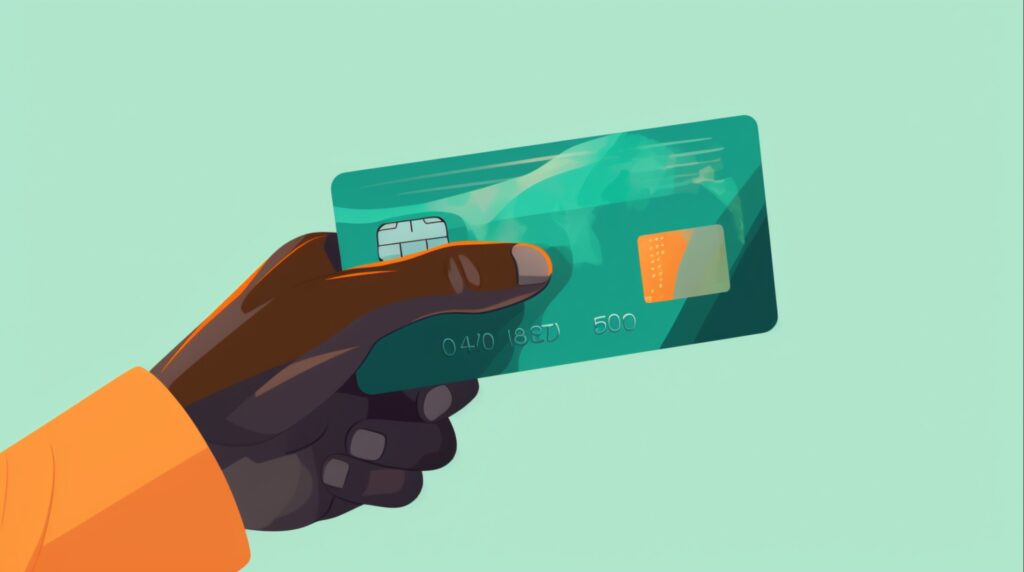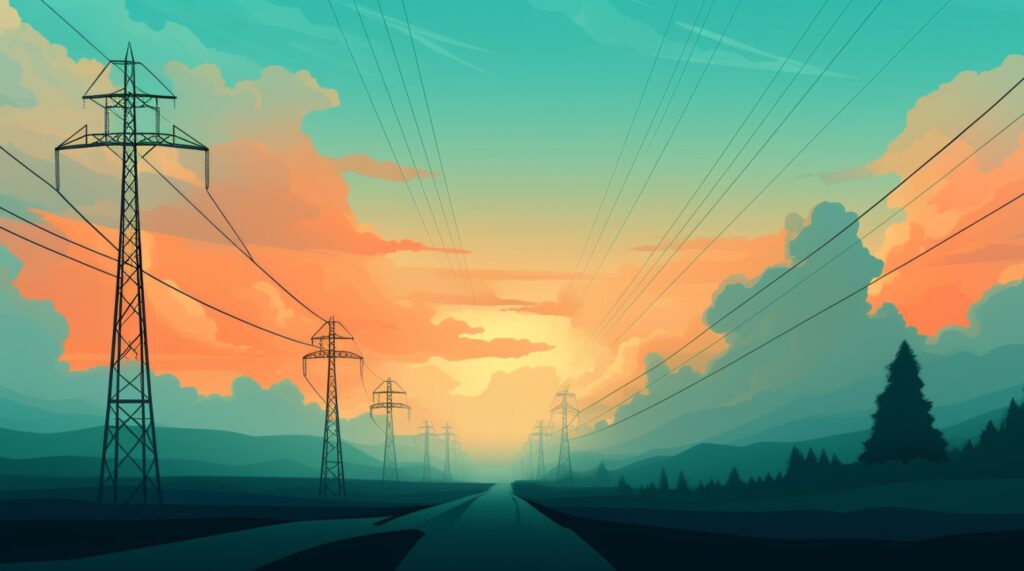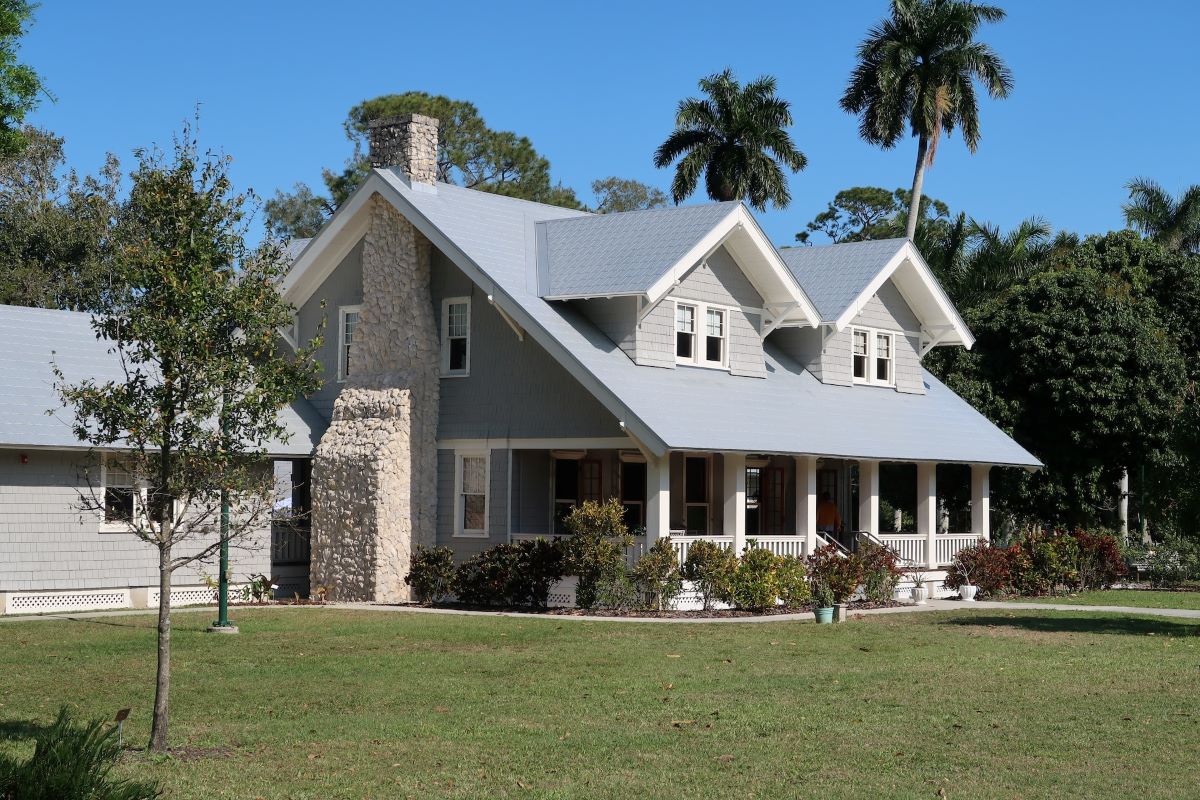
We are reader-supported. When you buy through links on our site, we may earn an affiliate commission.
The housing market is more costly than ever, with interest rates nearly doubled since the beginning of 2022 and mortgage payments averaging 60% higher than in 2021. However, you’ve checked your budget and think you know how much house you can afford. You may have even begun your search within those limits, armed with your long list of wants and needs.
Yet, you still need to add to your mortgage the upfront expense of a downpayment, closing costs, associated fees and other recurring expenses and emergency repairs. Without careful planning and budgeting, you could find yourself house rich but cash poor in a few months to a year for neglecting the hidden costs of home ownership.
1. Property Taxes
Property taxes are a guaranteed and recurring expense of owning your own home. In the US, the effective tax rate is 1.1% of the average home value. However, the amount you pay depends largely on your state. Other governing bodies such as your county, city and school district can also impact your rate. Overall, the higher your home’s value, the larger your property tax bill will be.
2. Home Owner’s Insurance
Basic home owner’s insurance is typically a requirement to secure financing. However, most base plans don’t cover situations considered “Acts of God,” like floods and earthquakes. Depending on where you live, you’ll want to add extra coverage to your policy which could be anywhere from an extra few hundred to almost a thousand dollars each month.
It might be worth checking into your local insurance options and their associated costs before setting your househunting budget.
3. HOA or Condo Fees
Homes with an HOA or condos with amenities are great on paper but can be a significant added expense. You’ll pay anywhere from an extra $100 to a few thousand dollars each month to cover the added fees. Your dues help cover the cost of maintaining common areas and bonuses like a pool, clubhouse, playground or gym.
Also, your monthly fee isn’t usually locked in and can increase at any time with very little notice. The association can also charge a special assessment for extra repairs, replacements or additions to the grounds or building.
4. Utilities
When moving from an apartment to home ownership, you’ll need to increase your budget for your utilities. You may not have even needed to worry about calculating utilities separately. Many new homeowners forget about the cost of internet and cable — or streaming services — along with the necessities such as electricity, water and sewer.
5. Routine Maintenance
It’s essential to keep up with your home’s needs before they become more serious. Certain things in your home like roof, plumbing, HVAC and appliances need regular maintenance. You should put together a checklist of to-do’s to keep your house in order and add them throughout your calendar, so you don’t forget.
Allocating a certain amount each year to care for your property and belongings will increase their longevity. The general guideline is to set aside 1% of your home’s purchase price yearly for routine maintenance.
6. Lawn Care and Landscaping
Even the smallest yard will bring some form of new lawn care or landscaping you need to address. Your choices are to hire help or complete the work yourself. Taking care of your own yard will save you money in the long run but will cost more upfront since you’ll need to purchase the right tools, like a lawn mower. The weather in your area will dictate if you need other specialty machines like a leaf or snow blower.
Keeping up with landscaping maintenance isn’t purely aesthetic. Overgrown trees, bushes and grass can ruin roofs and HVAC systems, among other things. Caring for your yard is an extension of protecting your home.
7. Furnishing and Decor
Your new home will feel pretty empty and bland if you don’t put anything in it. Luckily, this is an expense entirely determined by you. You get to establish the amount you spend and over how long a time frame. You could generally expect to pay 10-50% of your home’s purchase price on furnishings and decor. Setting a budget for these expenses well in advance will help you avoid overbuying in your excitement about finding a house.
8. Repairs and Replacements
Even the newest builds will need emergency repairs and costly replacements from time to time. Unfortunately, you won’t know when these expenses are coming. If you haven’t set aside money, you could end up swimming in debt to cover the costs. Trees fall on roofs, HVAC systems fail, refrigerators die — it’s just a part of life and home ownership. Protect yourself by allocating some of your monthly housing budget to building an emergency fund for repairs and replacements on your property.
Prepare for the Hidden Costs of Home Ownership
Buying rather than renting may be the better investment over the long haul. However, you need to prepare for the added expenses and responsibilities. Consider all the hidden costs of home ownership before you take the plunge of buying a new home. You’ll probably find you need to alter your budget to purchase a house you can actually afford.




